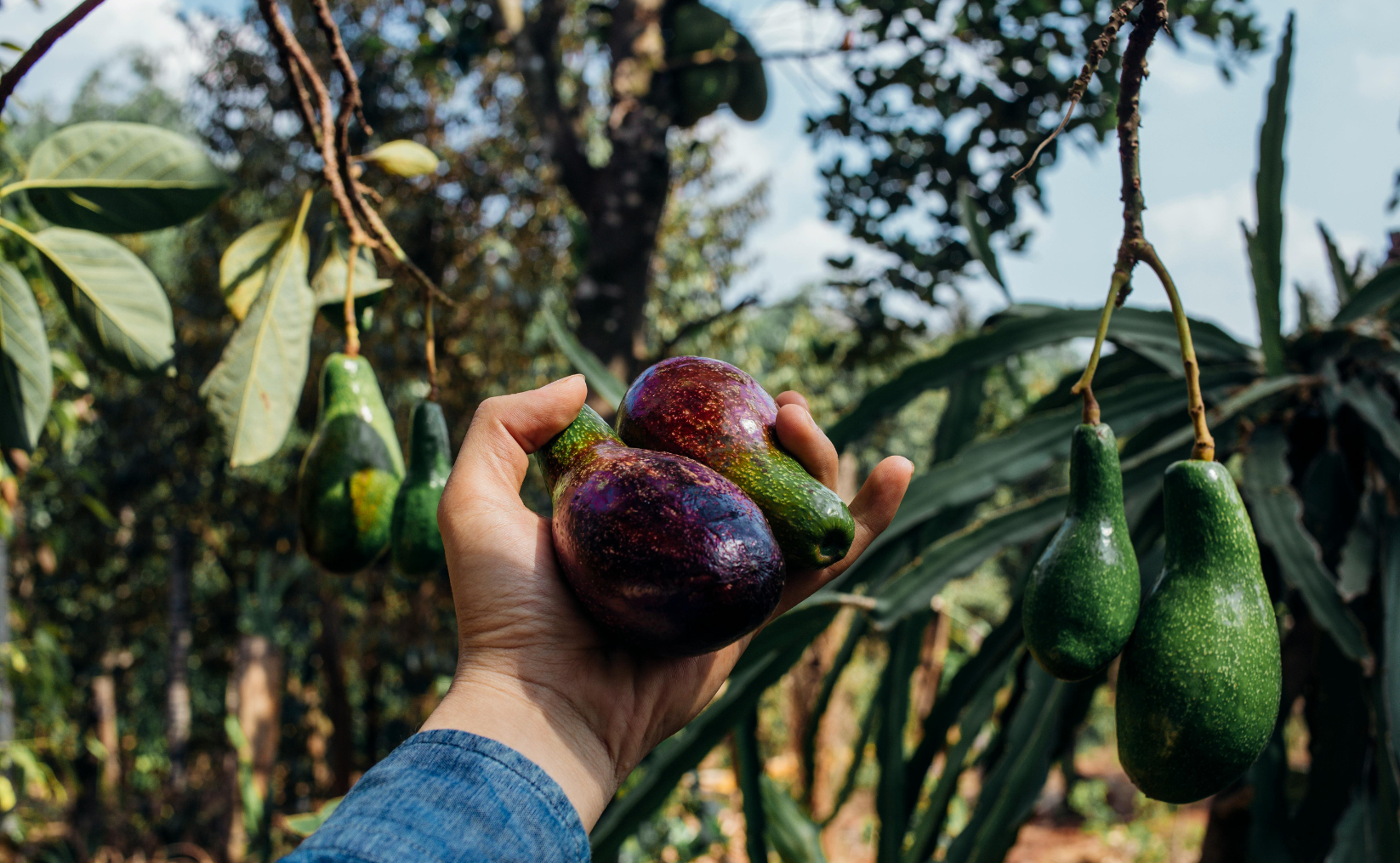Thinking of Farming in Kenya? Start with an Electric Fence
Thinking of getting into farming in Kenya? Great decision! But before you till the soil or buy livestock, here’s a tip that could save your investment — install an electric fence first.
Kenyan farmers face threats from animals, thieves, and boundary conflicts. An electric fence acts as your first layer of protection — keeping your hard work secure and giving you peace of mind.
The Farming Environment in Kenya
Kenya’s agricultural sector is vibrant. Whether you’re growing fruits in Thika, dairy farming in Nyandarua, or running a mixed farm in Kitale, there’s a lot of opportunity. But the risks? Just as real.
Without proper fencing, farms are easy targets for:
-
Wildlife (like elephants, monkeys, hyenas)
-
Thieves stealing crops or livestock
-
Straying animals causing loss or damage
Why Security Is Non-Negotiable in Farming
Wildlife Threats
Imagine losing your entire maize crop in one night to elephants — it happens more than you’d think in areas near wildlife conservancies. A good electric fence keeps animals out without hurting them.
Human Threats
From petty thieves to trespassers, humans can be as destructive as animals. Electric fences offer both a visual and electric deterrent that discourages unauthorized entry.
What Exactly Is an Electric Fence?
An electric fence uses a series of high-voltage wires to create a psychological and physical barrier around your property. It gives a brief, non-lethal shock that effectively keeps intruders away.
Main Components
-
Energizer: Sends pulses of electricity through the fence.
-
Posts: Hold up the wires (wooden, steel, or plastic).
-
Wires/Conductors: Carry the electric current.
-
Insulators: Prevent current from leaking into posts.
-
Solar/battery/mains power: Powers the energizer.
Types of Electric Fences
Permanent Fencing
Great for full-time farms and ranches. Strong, long-lasting structures suited for large plots.
Portable Fencing
Ideal for rotational grazing, temporary paddocks, or short-term cropping. Easy to relocate and assemble.
Tailored Electric Fence Designs
Livestock Farms
Use multiple strands at different heights to keep goats, cows, or sheep safely inside. Livestock quickly learn to respect the boundaries.
Crop Farms
Wires can be spaced closely, sometimes with baited wires, to deter monkeys, porcupines, and even elephants. Higher fences can be used in wildlife zones.
Top Benefits of Electric Fencing in Kenya
-
Affordable: Cheaper than stone walls or barbed wire with guards.
-
Low maintenance: Just basic checks and minimal upkeep.
-
Scalable: Can grow with your farm.
-
Eco-friendly: Safe for animals and humans.
-
Effective: Once trained, animals won’t even try to cross.
How to Choose the Right Fence Setup
Think about:
-
Farm size and location
-
Animals you want to keep in or out
-
Budget and long-term goals
-
Power source (solar is great in remote areas)
Popular Energizers in Kenya
-
JVA SV5 & SV10: Solar-ready, efficient for medium farms
-
Stafix 46000W: Extremely powerful, ideal for large or wildlife-prone areas
-
Nemtek: Known for durability and performance
Materials Needed
-
Posts: Treated wood, recycled plastic, or galvanized steel
-
Wires: High-tensile, poliwire, or polytape
-
Insulators: Essential to maintain voltage
-
Accessories: Gate handles, warning signs, tensioners
Maintenance Tips for Long-Term Success
-
Check voltage weekly
-
Clear vegetation that touches wires
-
Tighten sagging wires
-
Recharge or replace batteries
-
Inspect insulators and posts monthly
Regulations and Eco-Friendliness
Kenyan laws allow electric fencing but require:
-
Proper signage
-
Safe installation standards
-
Responsible maintenance
For wildlife zones, use low-impedance energizers and avoid designs that may entangle animals.
Farmer Testimonials
“Since I installed the electric fence, I haven’t lost a single goat. It has been a game-changer for my livestock business.”
– Peter Mwangi, Nyahururu
“Baboons used to raid my farm every week. Now, I harvest in peace. The fence paid for itself in one season.”
– Agnes Njeri, Kitengela
“The JVA energizer and poliwire setup we got was surprisingly easy to maintain. Even my kids help me monitor it.”
– David Otieno, Kisumu
Our Contacts
Interested in securing your farm with a high-quality electric fence?
Get in touch with us for consultation, products, and professional installation.
Call/Text/WhatsApp:
0722 708034 / 0720 456534
We serve all counties in Kenya with fast delivery, expert support, and affordable pricing.
Conclusion
Farming in Kenya is full of promise, but only if you start smart. An electric fence is your farm’s first and most important investment. It protects your crops, livestock, and peace of mind. Whether you’re in a wildlife-prone area or just want to keep intruders away, we’ve got the right fencing solution for you.
Don’t wait until it’s too late — secure your farm today.
FAQs
1. Is electric fencing safe for animals and people?
Yes. It delivers a quick shock that causes discomfort but no harm.
2. How much does it cost to install an electric fence in Kenya?
Costs start around KSh 25,000 for small farms and can go higher for larger setups.
3. What’s the typical lifespan of an electric fence?
With good maintenance, 10–15 years.
4. Can I run the fence using solar power?
Yes. Solar setups are popular, especially in off-grid farms.
5. How do I know if my fence is active and effective?
Use a voltmeter — it should read between 5,000V–9,000V.

